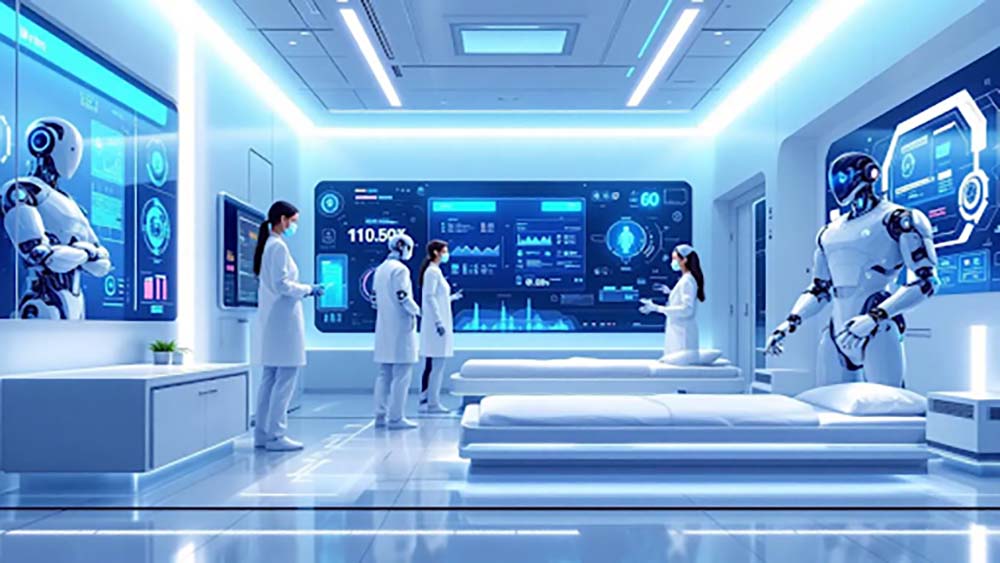
Artificial Intelligence (AI) is rapidly transforming the healthcare industry, ushering in a new era of medical advancements and patient care. From improving diagnostic capabilities to enabling tailored treatment plans and optimizing administrative processes, AI is positioned as a powerful tool in modern medicine.
One of the most impactful applications of AI in healthcare lies in diagnostics. AI-driven algorithms can analyze large volumes of medical data—including imaging scans, pathology slides, and patient history—with extraordinary speed and accuracy. These tools assist physicians in detecting abnormalities such as tumors, fractures, or cardiovascular issues at early stages, often with equal or greater precision than traditional methods. In areas with limited access to medical specialists, AI technologies can supplement diagnostic efforts, improving outcomes in underserved communities.
Another critical domain where AI is making strides is in personalized medicine. By processing complex datasets comprising genetic information, lifestyle factors, and treatment responses, AI systems can recommend care plans uniquely suited to each patient. This approach is particularly transformative for managing chronic illnesses such as cancer or diabetes, where tailored therapies can significantly improve quality of life and survival rates.
Operational efficiency is also being enhanced through AI integration. Hospital systems increasingly use AI to automate administrative tasks such as patient scheduling, billing, and medical records management. Natural Language Processing (NLP) tools enable the automatic transcription and organization of doctors’ notes, while predictive analytics help in resource allocation and staff management, ultimately reducing costs and improving patient service.
Despite these promising developments, the integration of AI in healthcare also raises important considerations about data privacy, regulation, and the need for clinician oversight. Ensuring that AI tools are both ethically designed and reliably validated is paramount to maintaining trust and safety in clinical settings.
As research and development continue to propel AI technologies forward, their role in reshaping healthcare delivery is expected to grow. With ongoing investments and strategic implementation, AI holds the potential to offer more accurate, efficient, and inclusive medical care worldwide.
Source: https:// – Courtesy of the original publisher.








